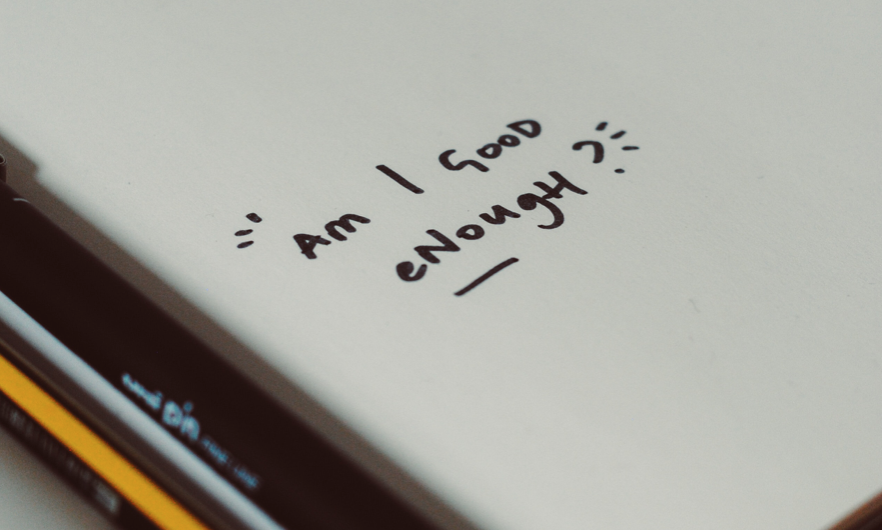An article I read recently in Psychology Today by Evan Parks pointed out that our behavior, including self-care behavior, stems from our beliefs. We find it easy to care for others because we believe it to be satisfying and rewarding, yet we often struggle to believe that we deserve that same level of care ourselves. So what are some of the “stinkin’ thinkin’” beliefs that sabotage our self-care?
FALSE BELIEF #1: “Self-care is selfish”
I get a lot of feedback from people (mostly women) who tell me they feel guilty whenever they take a PRD. When I ask why, they admit that intellectually, they know that self-care isn’t selfish, but they struggle with guilty feelings just the same. Can you relate?
The guilt seems to attack on two fronts: first, we feel like we should be doing more “productive” things with our time (see False Belief #2) and second, we feel like we should be caring for others instead of ourselves. I like Rebekah Lee’s distinction between selfishness and self-care: “Being selfish is having the desire to take away from others and not give back, but self-care is all about replenishing your own resources without depleting someone else’s” (emphasis mine).
When you take a Personal Retreat Day and get the rest and reflection that you need, you are replenishing your resources from within. You are not withdrawing those resources from somebody else’s supply – so ditch the guilt! Remember that investing time and energy on self-care allows you to bring a better version of yourself back to your loved ones and your job.
FALSE BELIEF #2: “I don’t have time for self-care”
I’m telling you, you do have time. I found a great quote on a blog called Minimalism Basics: “We often say people are too busy for things when in reality people make time for what they want to make time for. If something is important to us, we’ll find a way to fit it into our schedules.” To test this, think–really think–about what you did last Saturday (or your last day off). Did you fill the time catching up on laundry and other chores? Watching TV? Running errands? Hanging out with friends? Do you even remember what you did? The point is, those things were important to you at the time (yes, even TV). But if you’re honest, those things could have been put off for another day. You made a choice. This month, choose to reserve one day–just one day out of the 30 available days–for a PRD and reap the benefits of prioritizing your emotional well-being.
FALSE BELIEF #3: “I must earn the right to care for myself”
Most of us “type A’s” fall into this trap. We feel like we have to get completely caught up and only then we can rest. The problem is, we never catch up on everything that needs to be done! An article from the Beverly Hills Therapy Group warned, “…you may default to the belief that self-care is something that can only happen once you’ve checked everything else off of your to-do list…and with that mindset, many put self-care on their ‘eventually’ list.” When we put it off, we end up paying a dear price. Delaying self-care leads you on the path to burnout. You don’t have to earn it, you deserve to take care of yourself now! The best way to ensure this is to make it a habit. That’s why I set an appointment with myself every month, no matter what! I take my PRD even those months when I don’t feel like I “need” it. I count this as burnout prevention.
FALSE BELIEF #4: “Self-Care = Watching TV…”
…or bubble baths, or getting your nails done, or hanging out at the brewery with friends, etc. These activities are fun and fulfilling but they don’t count as self-care. True self-care taps into our need for emotional and mental rest. As burnout relief strategist Erayna Sargent (AKA the “Chill Sargent”) said in a Well+Good article, “Resting is often perceived as “doing nothing,” but it requires a deep level of intentionality.”
Here are some positive self-care ideas that really can feed your soul:
- Journaling about your emotions
- Vision boarding
- Repeating positive affirmations
- Mindfulness practices such as breathing exercises, mindful eating (savoring each bite) and mindful walking (paying close attention to sensations & surroundings)
- Artistic expression: painting, singing, dancing, sculpting something out of play-doh
- Childlike activities such as flying a kite, cloudwatching, swinging on a swingset

